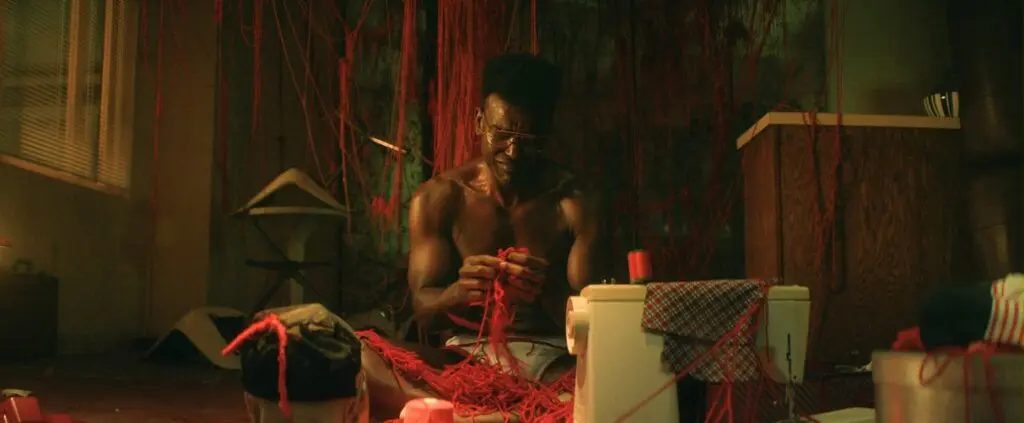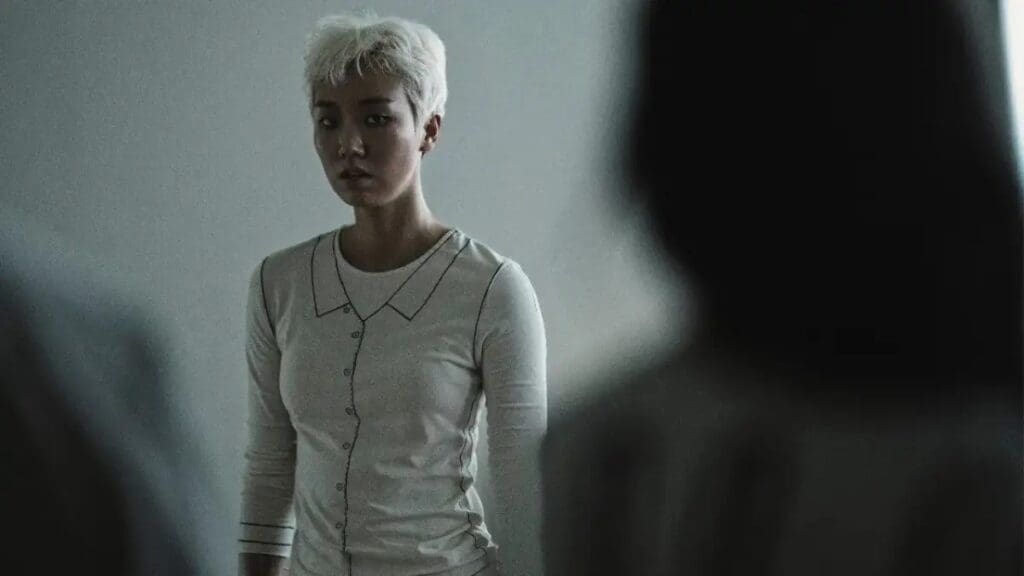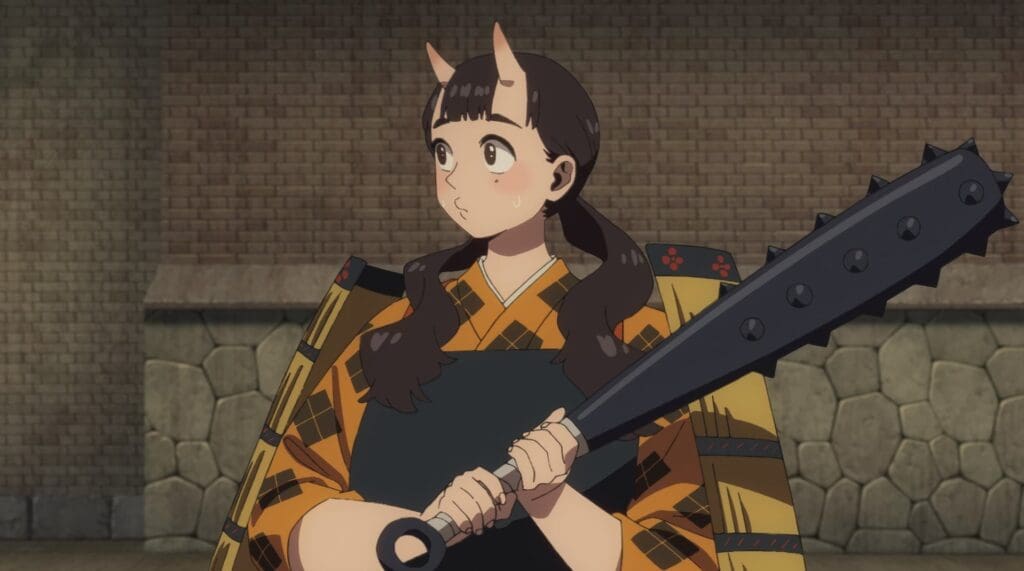Ready Steady Cut - The Latest Streaming, Entertainment, Movies, People and True Crime News
Amazon Prime Video
Streaming Service
TV
TV Reviews
Them: The Scare Season 2 Review - Improvement Over Its Predecessor Still Lacks Identity
April 26, 2024
Jonathon Wilson


News
TV News
New Upcoming K-Dramas To Watch In May 2024
April 26, 2024
Sandi Thompson



Netflix
Streaming Service
TV
Weekly TV
Delicious in Dungeon Episode 17 Is The Most Exciting Yet
April 26, 2024
Nubia Brice



Movie Reviews
Movies
Netflix
Streaming Service
'City Hunter' Review - A Solid Final Act Redeems An Insufferable First Half
April 26, 2024
Lori Meek



